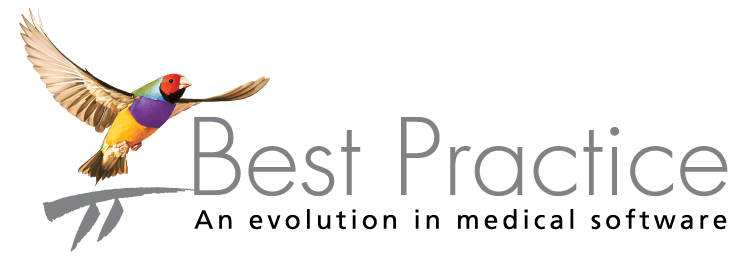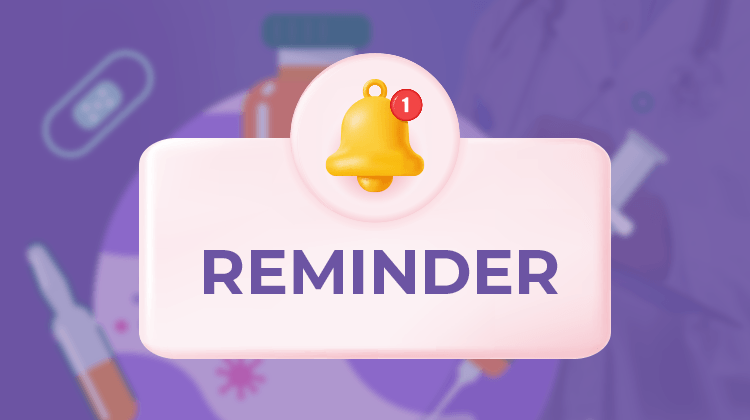The founders of Best Practice Software have announced their appointment of Mr Craig Hodges as the company’s new Chief Executive Officer.
Dr Frank and Lorraine Pyefinch, who formed Best Practice in the regional city of Bundaberg in 2004, have elected to concentrate their strategic efforts on steering the company at a Board level as Chair and Board Director, respectively. It is a logical next step for the couple who are widely regarded as early pioneers of the Australian digital health industry, having originally developed Medical Director and then Best Practice during their esteemed careers. Dr Pyefinch used his experience as a successful and respected General Practitioner, and Mrs Pyefinch her prime business acumen and nursing skills and experience, to pioneer medical software design and develop Best Practice into one of Australasia’s leading and most popular group of e-health products and services. The company operates successful software products including GP software leader Bp Premier, medical specialist software Bp VIP.net, allied health software Bp Allied, the Best Health app, and upcoming Best Practice Mobile applications.
Mr Hodges first joined the company in 2012 as its foundational General Manager and has worked over the past 12 years in a variety of strategic and operational leadership roles within the business including being the group’s Chief Operating Officer, working closely with Dr Pyefinch as a key advisor, deputy, and understudy.
“Craig has been an integral member of our senior leadership team for many years and he knows and understands our business, its people, and our customers intimately”, Dr Pyefinch said. “He shares our empathy for Clinicians and their operational pressures and has helped position our business to best support our users, guiding various initiatives that have reshaped our business and our products over this past decade. His permanent appointment to the role of Chief Executive evidences our confidence in his vision for our business and how aligned he personally is with our values and beliefs”.
Mr Hodges said he was honoured to take up the new permanent role as Chief Executive, but honoured the legacy left by Dr Pyefinch’s retirement from the role. He said “Frank really has contributed so very much to the Australasian healthcare community and his care, attention, and positive attitude towards supporting GPs, surgical specialists, and allied health professionals will always guide and influence me. He is a brilliant doctor and wonderful advocate and supporter of our medical community, and I will be forever grateful for his guidance and support”.
Mr Hodges said he was looking forward to working with Dr & Mrs Pyefinch in their new board roles and felt confident their personal values would continue to be honoured in the care Best Practice demonstrates for its people, customers, and community. “I’ve had a wonderful opportunity to work for and alongside Frank and Lorraine for 12 years and closely understand their deep care for the healthcare community and that passion for supporting our users will never diminish. But I will be putting my own unique stamp on the role and our team, and that work commences now.”
Before joining Best Practice, Mr Hodges worked in a variety of financial and strategic leadership roles across the public and private sector and has volunteered his time in a variety of community support missions. He is a Non-Executive Director of the Australasian College for Emergency Medicine, has served on the board of a large Queensland hospital and health service, and dedicated his time and efforts over two decades to various healthcare advisory, clinical support, and tertiary medicine training committees and programs.
We kindly request that all media enquiries be directed to marketing@bpsoftware.net.
Explore our range of news and training resources:
Bp Learning Video Library | Bp Learning Training Options | Bp Newsroom Blog
Subscribe to Our Newsletters | Bp Learning Webinars




